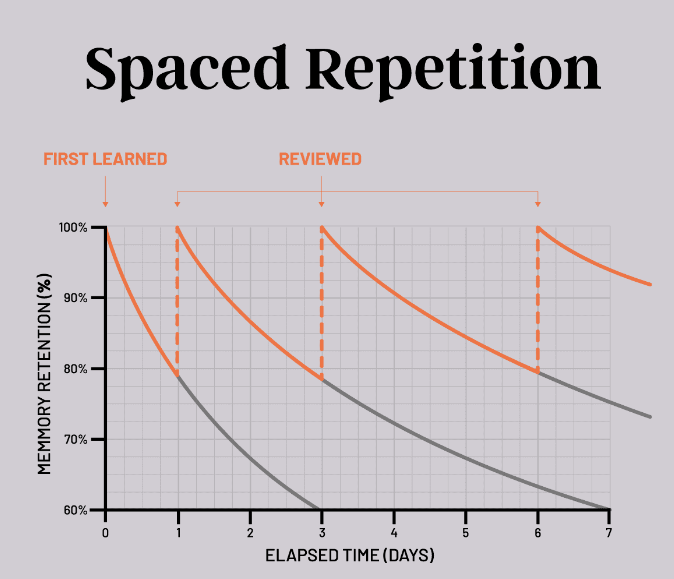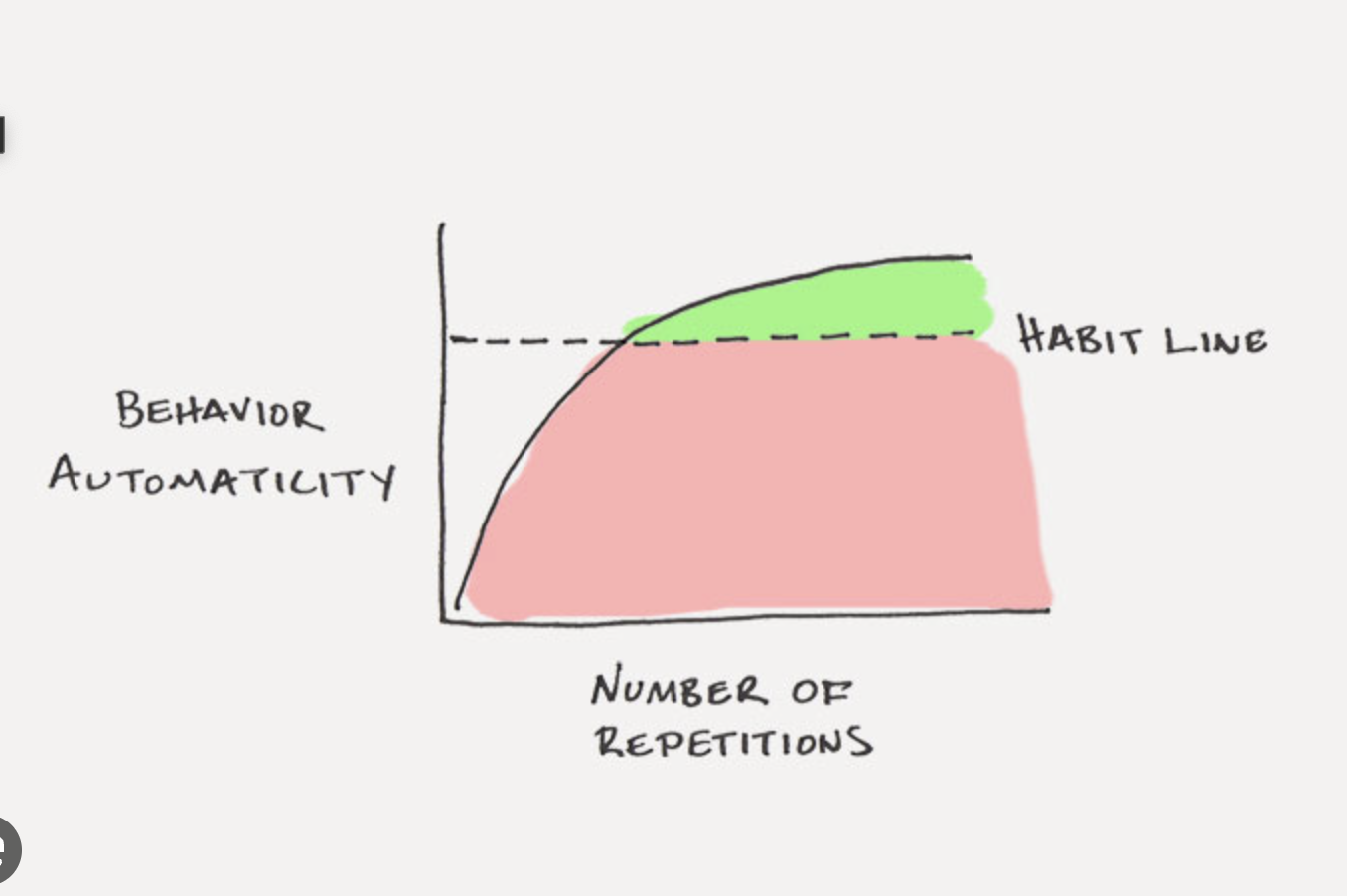Lặp lại ngắt quãng - Spaced Repetition
Tue, 27 Aug 2024

Follow the stories of academics and their research expeditions

We all want to be better versions of ourselves. We set goals to eat healthier, exercise more, learn a new skill, or simply be more organized. But why does change often feel so slow, even when we're putting in the effort? This article explores the reasons why habit change takes time, and how we can embrace the slow but steady journey toward improvement.
The Illusion of Quick Fixes
In our fast-paced world, we're constantly bombarded with promises of quick fixes and overnight transformations. Diet ads promise rapid weight loss, fitness programs guarantee instant results, and self-help gurus offer easy solutions to complex problems. These messages create unrealistic expectations about how quickly we can change.
The reality is that lasting change takes time. It's a gradual process that requires patience, perseverance, and a willingness to embrace the ups and downs along the way.
Why Change is Slow
There are several reasons why changing our habits doesn't happen overnight:
Neural Pathways: Habits are deeply ingrained patterns in our brains. When we repeat an action over and over, it creates a neural pathway that becomes stronger each time. Changing a habit means creating a new pathway, which takes time and effort.
Emotional Resistance: Many habits are tied to emotions. We might eat when we're stressed, smoke when we're anxious, or procrastinate when we're overwhelmed. Overcoming these emotional triggers requires self-awareness and developing new coping mechanisms.
Environmental Influences: Our environment plays a huge role in our habits. If you're surrounded by unhealthy food, it's harder to eat well. If your friends are all couch potatoes, it's tougher to get motivated to exercise. Changing your environment or finding supportive people can be crucial for lasting change.
The Plateau Effect: It's common to experience plateaus during habit change, where progress seems to stall. This can be discouraging, but it's a normal part of the process. It often means you need to adjust your approach or find new sources of motivation.
The Benefits of Slow Change
While slow change can be frustrating, it also has some surprising benefits:
Sustainable Results: Quick fixes rarely lead to lasting change. Slow, gradual changes are more likely to stick because they allow us to adapt and integrate new habits into our lives.
Deeper Understanding: The process of change often leads to self-discovery and a deeper understanding of our motivations, triggers, and obstacles. This knowledge can be invaluable for creating lasting change.
Increased Resilience: Overcoming challenges and setbacks along the way builds resilience and the confidence to tackle future goals.
Embracing the Journey
Changing our habits is a journey, not a destination. It's about making small, consistent progress over time. Here are some tips for embracing the slow road to change:
Set Realistic Expectations: Don't expect to change overnight. Be patient with yourself and focus on progress, not perfection.
Celebrate Small Wins: Acknowledge even small victories along the way. This will help you stay motivated and build momentum.
Focus on the Process, Not Just the Outcome: Enjoy the journey of self-improvement. Learn new things, try new approaches, and don't be afraid to experiment.
Be Kind to Yourself: Setbacks are inevitable. Don't beat yourself up if you slip up. Simply acknowledge it, learn from it, and move on.
SEO Keywords:
Conclusion
Changing our habits takes time, effort, and patience. But the rewards are worth it. By embracing the slow road to change, we can create lasting transformations that improve our health, happiness, and overall well-being. Remember, it's not about how fast you get there, it's about enjoying the journey and becoming the best version of yourself.
Tue, 27 Aug 2024

Tue, 27 Aug 2024

Mon, 26 Aug 2024

Leave a comment